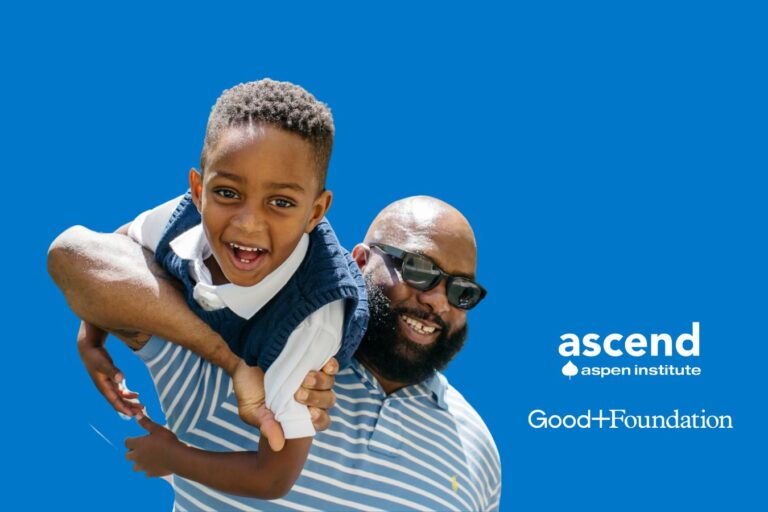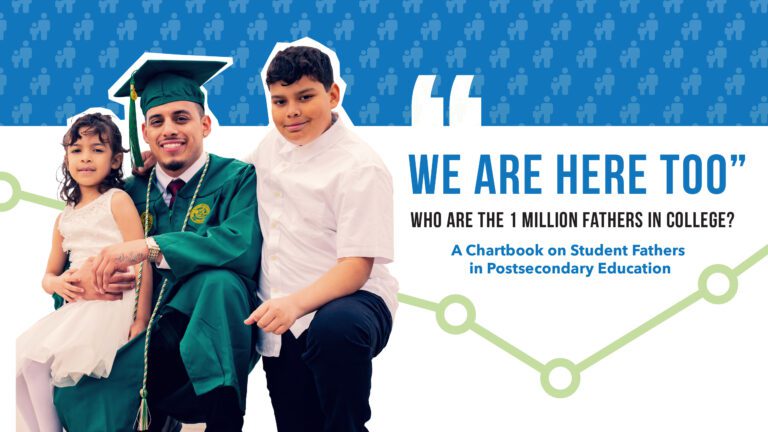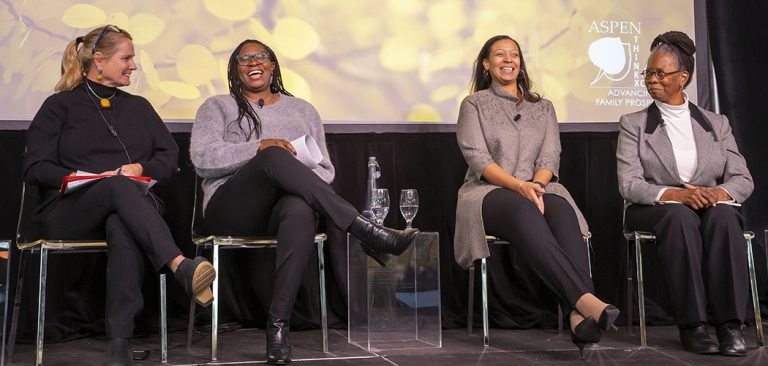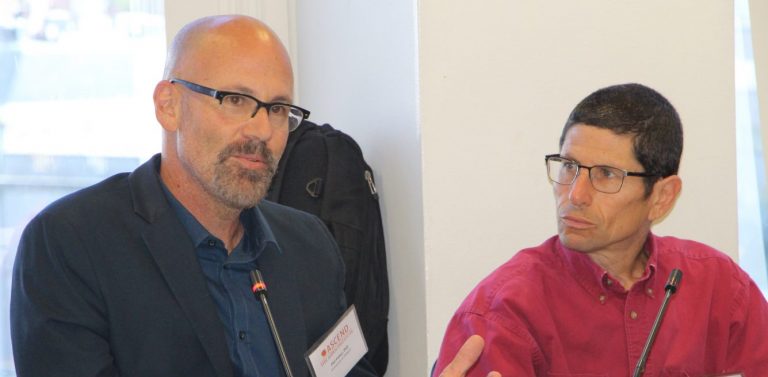Impact Series: Building 2Gen Proof Points with New Research on CAP Tulsa
This blog is part of Ascend’s Impact Series: stories and stats that illustrate the powerful, tangible impact a two-generation (2Gen) approach can have in building prosperity and opportunity for families.
The Northwestern University Two-Generation Research Initiative, co-directed by Lindsay Chase-Lansdale and Teresa Eckrich Sommer, and a team of researchers from across the country (see list below) have partnered with Ascend to release new findings from their first longitudinal study of CareerAdvance®, a model two-generation (2Gen) intervention. Developed and run by the Community Action Project of Tulsa County (CAP Tulsa), CareerAdvance® pairs high quality early childhood education for children with career training in the health care sector for parents.
The first set of analyses examine the short-term effects of CareerAdvance® on parent and child outcomes. Researchers found that CareerAdvance® promotes parents’ education, employment in the healthcare sector, and overall well-being in one year. Importantly, CareerAdvance® parents did not exhibit higher levels of stress and psychological distress compared to the matched comparison group, despite adding a workforce-training program to their daily lives. Overall, children of CareerAdvance® parents did not show benefits beyond those of CAP Tulsa’s Head Start, a high quality program as is. However, there were positive short-term effects of CareerAdvance® for two specific groups of children: children whose parents were more college ready and children who were less school ready. Researchers posit that CareerAdvance® maintained and in some instances exceeded the benefits to children of CAP Tulsa’s Head Start.
These studies provide strong evidence that pairing high quality Head Start services with job training for parents produces positive outcomes for parents and children beyond the benefits of Head Start alone. The analyses were also covered in NPR (April 2017).
New findings reveal that CareerAdvance® both improves children’s attendance to Head Start and substantially reduces their chronic absence (missing more than 10% of school days). In fact, CareerAdvance® children on average attended 6 more days of school in one semester than matched comparison children. Children whose parents were in the program were chronically absent at almost half the rate of children in the matched comparison group (32% compared to 63%).
In-depth interviews with parents suggest ways in which this two-generation program is working. For example, parents observe their children learning and thriving in Head Start:
“She’s learned so much there [CAP Tulsa] especially as opposed to if she were to have been going to regular day care. Like she can count almost to 20 in Spanish and she counts to 20 in English, and she knows all her shapes and colors and ABCs and all that stuff. She comes home speaking Spanish sometimes. I’m like what are you talking about? [Laughing]” (CareerAdvance® mother)
Parents are also motivated to return to school and improve their children’s lives:
“I didn’t start trying to develop any of the things that you really need as an adult to succeed in life until I was put into this program. Because I just had no clue how to even go about it…I think that’s going to influence my children, because they’re going to be exposed to me going to school, me persevering, me working through these things, and that’s going to change who they are ultimately, you know. My son knows about a savings account. We talk about these sort of things that my parents and their parents and our generation of coming from low income just didn’t do.”(CareerAdvance® mother)
To learn more, check out this webinar (Dec. 2018) with Drs. Teresa Eckrich Sommer and Terri Sabol of Northwestern University, Steven Dow, Ascend Fellow and former Executive Director of CAP Tulsa, and Anne Mosle, Aspen Institute Vice President and Ascend Executive Director. They explain key findings, how two-generation programs are building ‘proof points’ of success for families, and how this work can inform practices and policies in other communities across the country.
Research briefs
- Brief I: One-Year Effects of CareerAdvance on Parent Outcomes
- Brief II: One- and Two-Year Effects of CareerAdvance on Child Outcomes
- Brief III: One-Semester Effects of CareerAdvance on Child Attendance and Chronic Absence in Head Start
Research partners include: Amanda Morris, Oklahoma State University at Tulsa; Christopher King, University of Texas at Austin; Hirokazu Yoshikawa, New York University; Jeanne Brooks-Gunn, Columbia University
Related Posts









